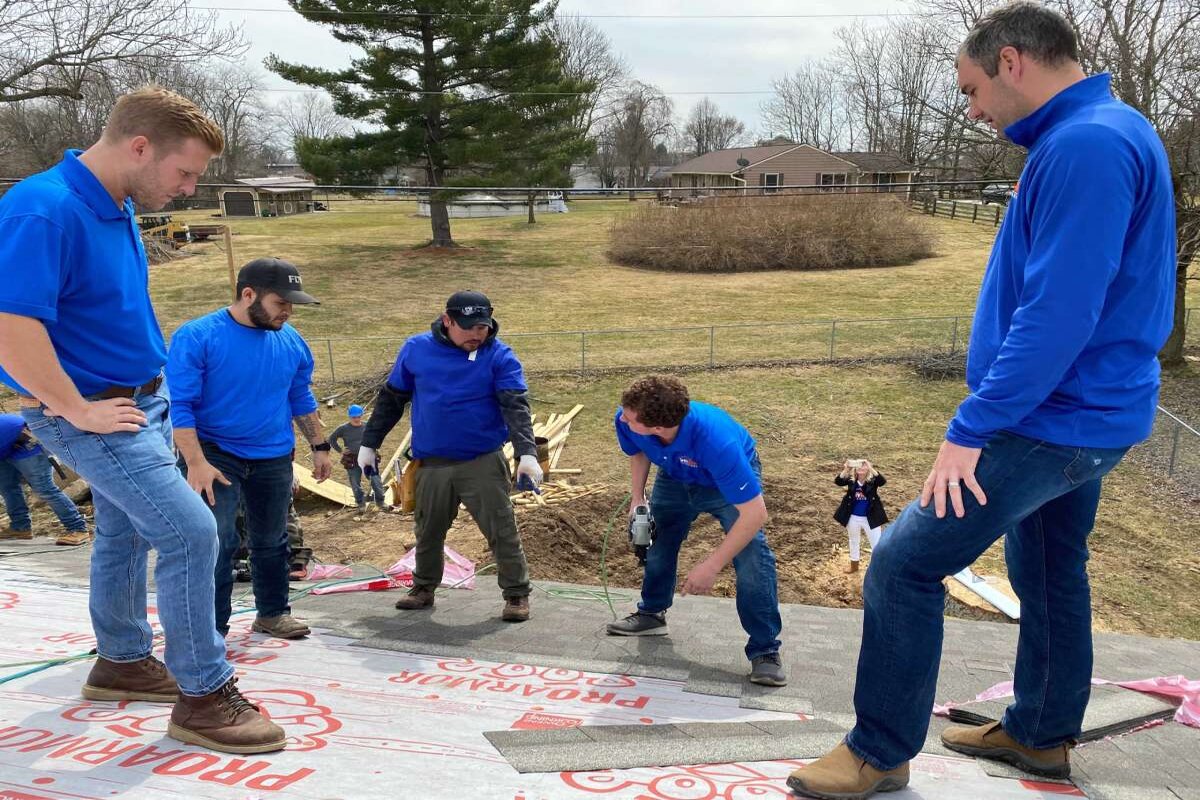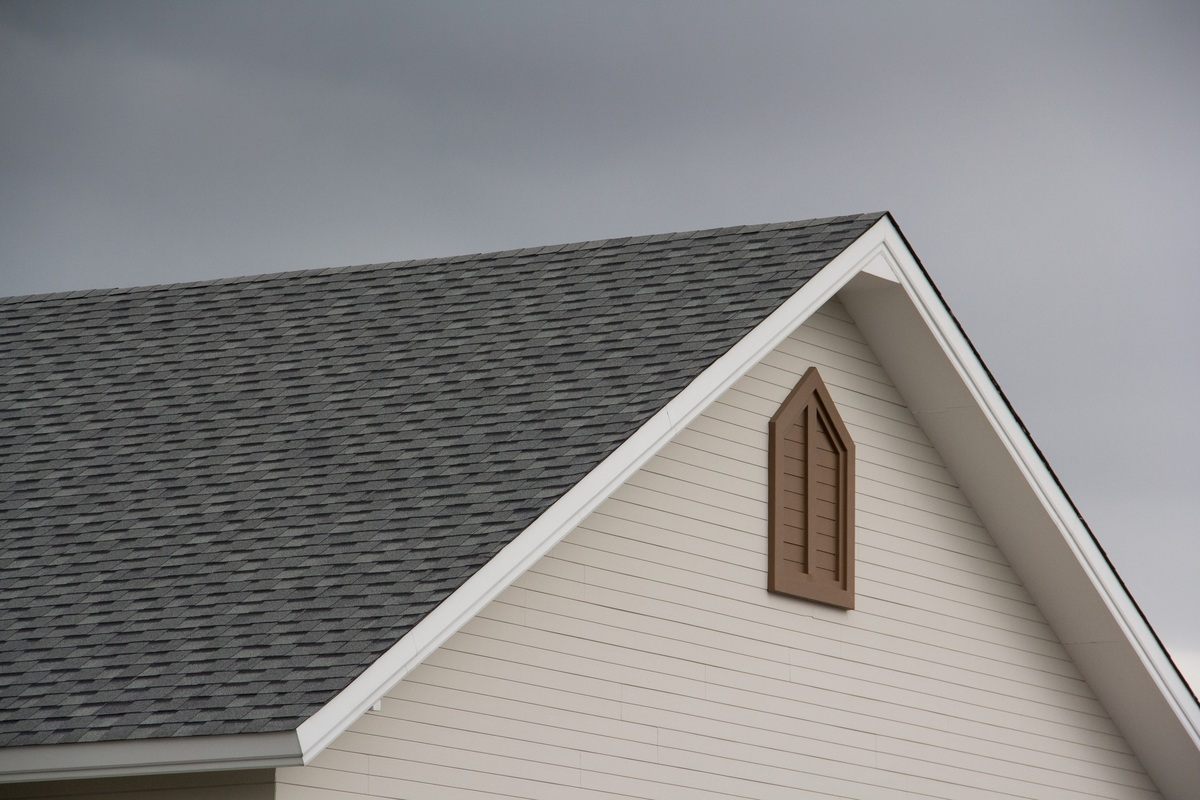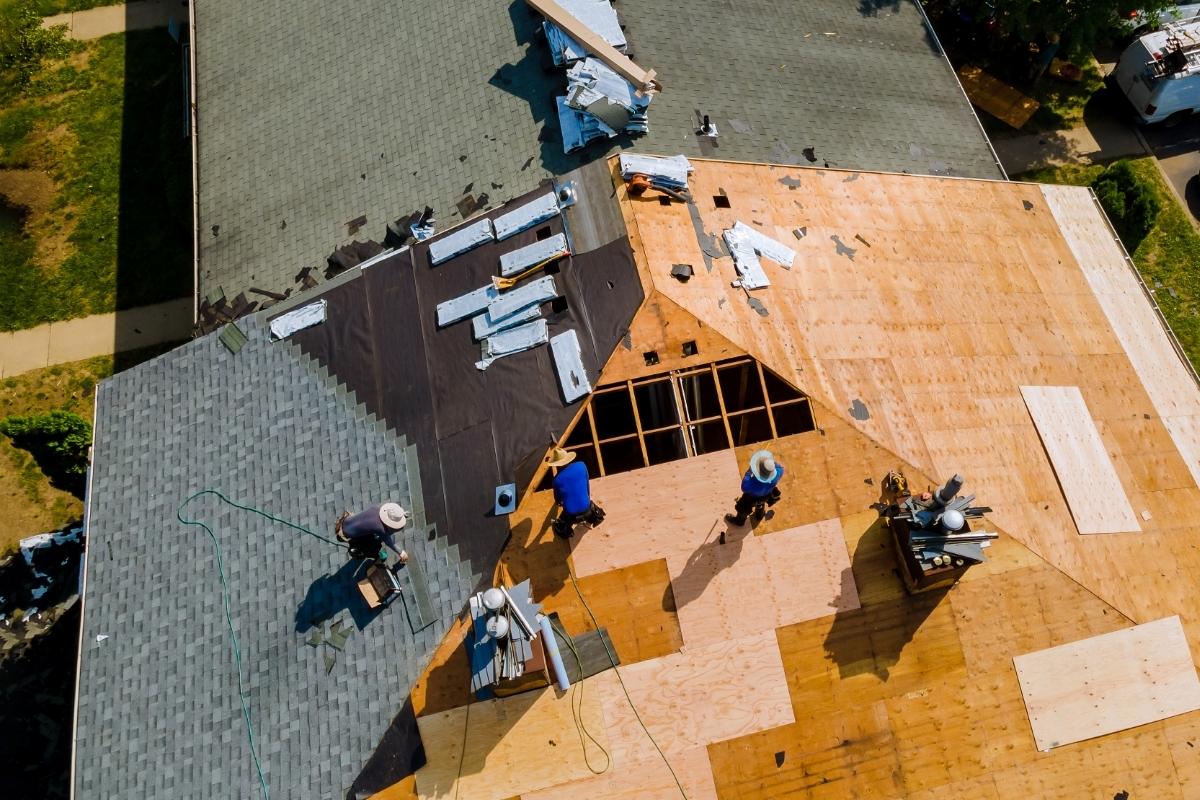A roof inspection is essential for maintaining the integrity and longevity of your home. This crucial step helps identify any issues that could compromise the structure and safety of your house. But what exactly is included in a roof inspection? Understanding the components of this process can help you prepare, budget, and ensure your home remains safe and sound.
The Importance of a Roof Inspection
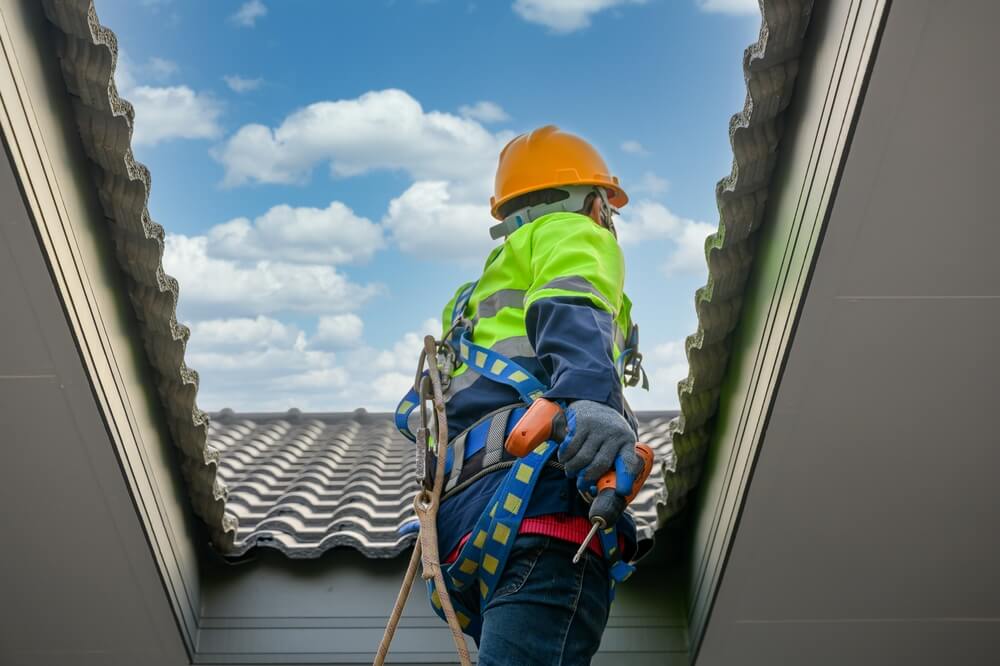
A roof inspection is more than just a cursory glance at your shingles. It is a comprehensive evaluation designed to identify any issues that could compromise the structure and safety of your home. Regular inspections can prevent small problems from becoming major repairs, saving you time, money, and stress in the long run. Moreover, they provide peace of mind, knowing that your home is protected against the elements.
Exterior Roof Inspection
Shingle Condition
One of the primary focuses of an exterior roof inspection is the condition of the shingles. Inspectors look for signs of wear and tear, such as curling, cracking, or missing shingles. These issues can expose your roof to water damage, leading to leaks and structural problems.
Flashing and Sealant
Flashing, the material used to seal joints and prevent water infiltration, is another critical area of inspection. Inspectors check for any signs of deterioration or gaps in the flashing around chimneys, vents, and skylights. Additionally, they assess the condition of the sealant used to secure flashing and other roof components.
Gutters and Downspouts
Inspectors also examine the gutters and downspouts to ensure they are free of debris and functioning properly. Clogged or damaged gutters can lead to water accumulation on the roof, increasing the risk of leaks and water damage. Properly functioning gutters are essential for directing water away from your home’s foundation.
Interior Roof Inspection
Attic Ventilation
A thorough roof inspection includes an assessment of your attic’s ventilation system. Proper ventilation is crucial for maintaining a balanced temperature and moisture level within your attic, which can extend the life of your roof and prevent issues like mold growth and ice dam formation.
Insulation
Inspectors also evaluate the insulation in your attic. Adequate insulation helps regulate your home’s temperature, reducing energy costs and preventing heat from escaping through the roof. Insufficient insulation can lead to increased energy bills and stress on your HVAC system.
Signs of Water Damage
During the interior inspection, the inspector looks for any signs of water damage, such as stains on the ceiling or walls, mold growth, or damp insulation. These indicators can reveal hidden leaks or moisture issues that need to be addressed promptly to prevent further damage.
Structural Components
Roof Decking
The roof decking, or sheathing, is another vital component evaluated during a roof inspection. Inspectors check for any signs of warping, rot, or deterioration that could compromise the structural integrity of your roof. A damaged roof deck can lead to significant issues if not addressed promptly.
Support Structures
Inspectors also assess the condition of the roof’s support structures, including rafters and trusses. These components must be in good condition to ensure the roof’s stability and strength. Any signs of damage or weakness in these structures require immediate attention to prevent potential roof collapse.
Additional Considerations
Roof Age and Material
The age and type of roofing material are also considered during an inspection. Different materials have varying lifespans and maintenance needs. Knowing the age and condition of your roof can help you plan for future repairs or replacements.
Professional Recommendations
At the conclusion of the inspection, the inspector provides a detailed report outlining their findings and any recommended repairs or maintenance. This report is invaluable for homeowners, offering a clear understanding of the roof’s current state and any necessary actions to maintain its integrity.
Conclusion
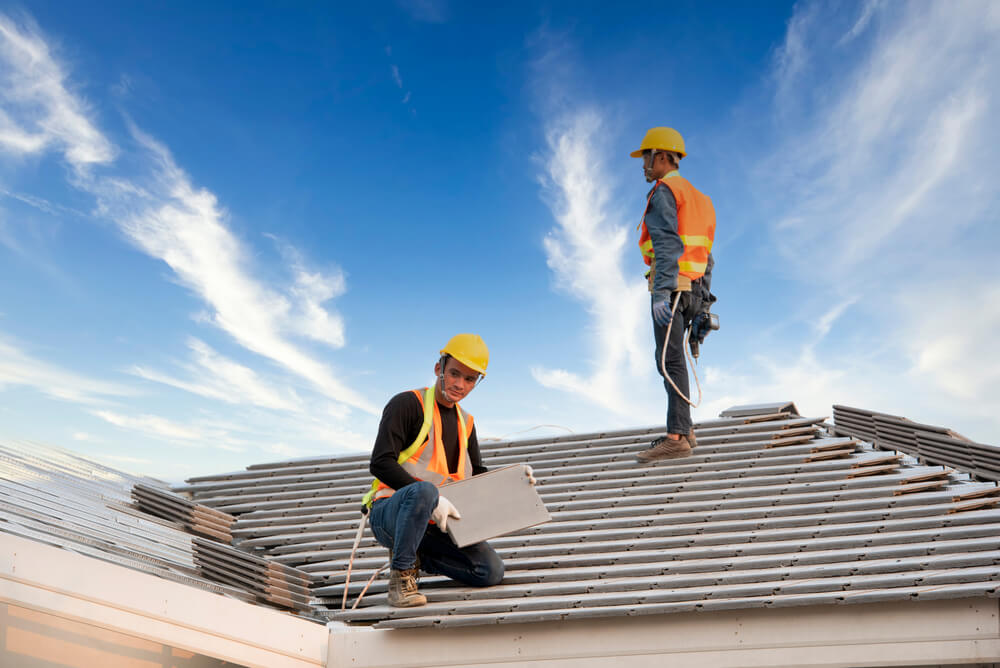
A roof inspection is a vital part of home maintenance, ensuring your roof remains in good condition and can protect your home effectively. By understanding what is included in a roof inspection, homeowners can be better prepared to address potential issues and maintain their home’s safety and value. Regular inspections can prevent costly repairs, extend the life of your roof, and provide peace of mind knowing your home is well-protected against the elements. For more information or to schedule an inspection, please contact DryTech Exteriors today for assistance.
